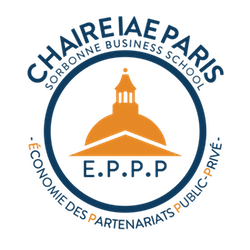A Conditional Markov Regime Switching Model to Study Margins: Application to the French Fuel Retail Markets

Raphaël Homayoun Boroumand, Stéphane Goutte, Simon Porcher, Thomas Porcher
Abstract : This paper uses a regime-switching model that is built on mean-reverting and local volatility processes combined with two Markov regime-switching processes to understand the market structure of the French fuel retail market over the period 1990-2013.
The volatil-ity structure of these models depends on a first exogenous Markov chain, whereas the drift structure depends on a conditional Markov chain with respect to the first one. Our model allows us to identify mean reverting and switches in the volatility regimes of the margins. In the standard model of cartel coordination, volatility can increase competition. We find that cartelization is even stronger in phases of high volatility. Our best explanation is that consumers consider volatility in prices to be a change in market structure and are there-fore less likely to search for lower-priced retailers, thus increasing the market power of the oligopoly. Our findings provide a better understanding of the behavior of oligopolies.
